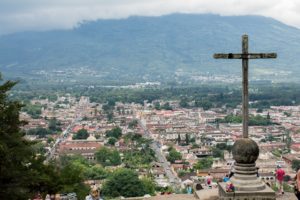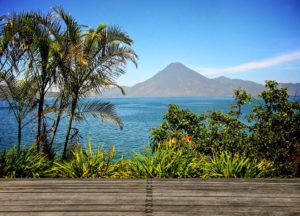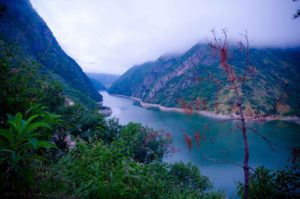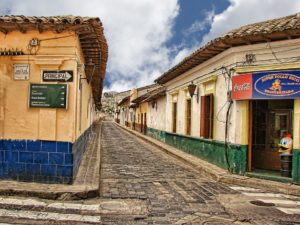All international or domestic students, in full-time or part-time* status, and in good academic standing at Niagara College, are eligible for a Be World Ready grant to help offset the cost of their international experience. You must be actively enrolled in studies during the term of travel to participate. International Field Studies participation will be prioritized for students who have not yet experienced a Be World Ready IFS since beginning their studies at Niagara College. Students will not directly receive grant money as the full value of the grant has already been applied to the final payment to offset the total cost of the learning experience abroad. For students who do not complete all grant requirements by established deadlines (including the time of submission), the full grant amount may be charged directly to their student account. Details on grant requirements will be shared with you as part of the mandatory Be World Ready (SOCL 1128 or IDPL 9301) course, which all students participating in a Be World Ready International Field Study must enroll in and successfully complete.
*Part-time students, are defined by Be World Ready as those actively enrolled in a Niagara College program, taking a minimum of 2 classes during the term of travel that contribute to their program progression and credential completion. Students taking a class that does not contribute to a program would not qualify to participate in a Be World Ready International Field Study.
Global Skills Opportunity Funding:
As part of Canada’s new International Education Strategy, Colleges and Institutes Canada has been selected by the Government of Canada to design and administer a new outbound student mobility pilot program: Global Skills Opportunity. This investment by the federal government provides thousands of post-secondary students with the opportunity to study and work overseas, strengthening their global competency and enriching Canada’s economic prosperity.
Global Skills Opportunity is funded by the Government of Canada through Employment and Social Development Canada and is administered through a unique partnership between Colleges and Institutes Canada, Universities Canada, and Canadian post-secondary institutions.
INTERNATIONAL FIELD STUDY FAQ
Q: I don’t need all the items included with my international field study. Can I opt out of certain inclusions, such as insurance?
A: No. All aspects noted as included in the overall cost of the selected international field study are mandatory with no exceptions made. Our international field studies are built using group pricing and it is important that we do not deviate from the inclusions as it could negatively impact our ability to offer fair pricing to all participants.
In addition to affecting group pricing, these are our Niagara College International Field Study policies, and we cannot deviate from them, as they are part of our risk mitigation and management.
Q: Can I arrange my own flight or make any changes to the flight included with the international field study?
A: No. Students are not able to book their own flight in any way or alter the flights confirmed by Be World Ready. The round-trip flights as confirmed by Be World Ready are part of the package pricing, and the group is to travel to and from the destination country together.
These are our Niagara College International Field Study policies, and we cannot deviate from them, as they are part of our risk mitigation and management.
Q: What types of accommodation does Be World Ready use for international field studies?
A: Each international field study destination has different accommodation providers or themes. Accommodation types that are used may include a combination of dorm-style rooms, homestays, tourist class hotels, or occasionally hostels. We strive to ensure we use centrally located accommodation when in city centres, allowing our participants to explore their surroundings more easily. Private accommodation is not guaranteed.
Q: Can I bring a friend, parent, or child from outside Niagara College?
A: Bring as many travel pals as you like as long as they are current full-time Niagara College students and meet the program eligibility requirements. Unfortunately, we are not able to accept any persons to participate in any of our international field studies that are not current full-time students at Niagara College.







